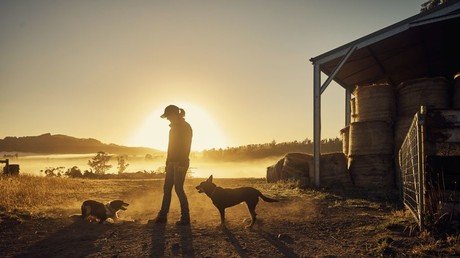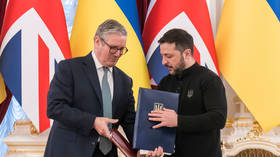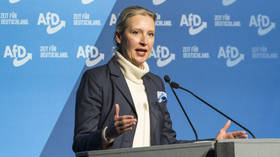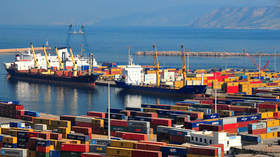Land seizures in South Africa won’t violate Constitution... once it’s changed – Ramaphosa
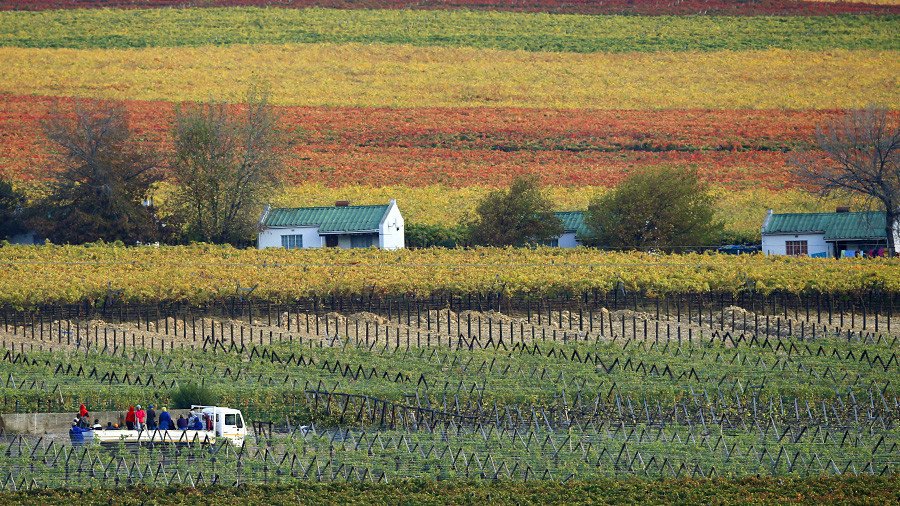
South African President Cyril Ramaphosa told the European Parliament on Wednesday that his country’s land reform will faithfully adhere to the country’s constitution with respect to the rights of all its citizens.
The Ramaphosa-led African National Congress (ANC) aims to change the constitution to allow the government to expropriate land from white landowners without compensation. The land is to be distributed to the country’s landless black majority. Ramaphosa says the change in law is necessary in order to address racial disparities in ownership persisting more than two decades after the end of apartheid.
“This problem of land will be resolved through adherence to the rule of law and adherence to the constitution,” Ramaphosa told the European Parliament.
The widely debated land reform was proposed by the ANC last December. The draft was aimed at changing Section 25 of the South African Constitution that regards property rights.
The policy was prompted by the inequality in land ownership that remains after apartheid ended in 1994. According to government data, over 77 percent of South African farms and agricultural holdings are owned by white citizens, with only four percent of lands belonging to black South Africans. At the same time, white citizens make up just nine percent of the country’s population, while black citizens account for 76 percent.
The policy has been discussed and supported by both the parliament and the president. Though the draft has not yet been adopted, some media report that the authorities have started seizing white-owned land after negotiations on buying out the properties stalled.
Earlier this month, speaking at the Discovery Leadership Summit in Sandton, Ramaphosa pledged that South Africa won’t see land grabs. The president called for discussions and to “contribute to social cohesion and nation building.”
“Land reform is not only about correcting a great historical injustice; it is also an absolute economic necessity,” he said. “In the end I want to reconcile the hunger for land that our people have, but also reconcile the fears and concerns of those who have land.”
For more stories on economy & finance visit RT's business section
